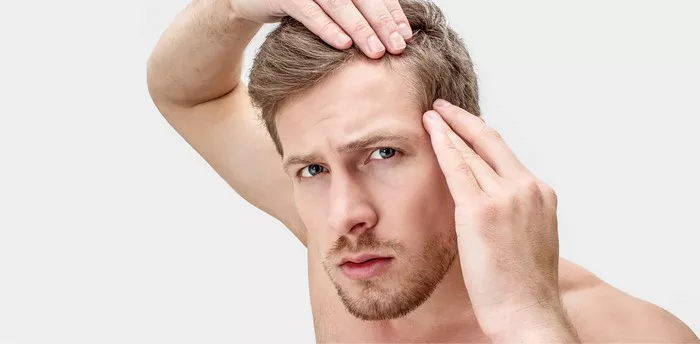Hair loss is a common concern, and individuals often seek answers to various factors that may contribute to this condition. One question that arises is whether a change in water can lead to hair loss. In this article, we will delve into this topic, examining the potential impact of water changes on hair health, separating myths from realities, and providing a nuanced understanding of the relationship between water quality and hair loss.
Understanding the Basics: The Hair Growth Cycle
Before delving into the potential impact of water changes, it’s essential to grasp the basics of the hair growth cycle. Hair grows in cycles, with each strand going through a growth phase (anagen), a transition phase (catagen), and a resting phase (telogen). The majority of our hair is in the anagen phase at any given time. Factors such as genetics, hormones, and overall health can influence the duration and health of each phase, ultimately affecting hair growth and loss.
The Impact of Water Quality on Hair
Water quality can vary significantly based on geographical location and the source of the water supply. Some individuals may experience hard water, which contains higher levels of minerals such as calcium and magnesium, while others may have soft water, which has lower mineral content. The potential impact of water on hair health is often associated with hard water, and several factors are worth considering:
1. Mineral Buildup:
Hard water tends to leave mineral deposits on the hair and scalp. These minerals can accumulate over time, creating a barrier that may interfere with the effectiveness of hair care products and treatments. While mineral buildup can affect the texture and manageability of the hair, there is limited evidence directly linking it to significant hair loss.
2. Dryness and Frizziness:
Hard water has the potential to strip the hair of its natural oils, leading to dryness and frizziness. This can make the hair more prone to breakage and split ends, but it does not necessarily result in hair loss at the root. Adequate hydration and the use of moisturizing hair care products can help mitigate these effects.
3. Scalp Health:
The minerals in hard water can also impact the health of the scalp. A dry or irritated scalp may contribute to conditions such as dandruff, which, while not directly causing hair loss, can affect the overall health and appearance of the hair.
Dispelling Myths: Does Water Change Cause Hair Loss?
While anecdotal claims may suggest a connection between a change in water and hair loss, scientific evidence supporting this notion is limited. It’s essential to distinguish between the impact of water quality on hair texture and the misconception that a change in water can lead to significant hair loss.
Hair loss is a complex phenomenon influenced by a variety of factors, including genetics, hormonal changes, nutritional deficiencies, and medical conditions. While changes in water quality may affect the external condition of the hair, they are unlikely to be the sole or primary cause of hair loss.
Maintaining Hair Health Regardless of Water Quality:
Whether you experience a change in water quality or not, there are several measures you can take to promote and maintain healthy hair:
1. Use a Water Softener:
If you are concerned about the impact of hard water on your hair, consider using a water softener. Water softeners can reduce the mineral content in the water, potentially alleviating issues related to mineral buildup and dryness.
2. Hydrate Your Hair:
Regardless of water quality, ensuring that your hair is adequately hydrated is crucial. Use moisturizing shampoos and conditioners to help combat dryness and maintain the natural moisture balance of your hair.
3. Regular Hair Care Routine:
Establishing a regular hair care routine that includes gentle cleansing, conditioning, and occasional treatments can contribute to overall hair health. Choose products that are suitable for your hair type and address specific concerns.
4. Balanced Diet:
Nutrition plays a vital role in hair health. Consume a balanced diet rich in vitamins, minerals, and proteins to support the growth and strength of your hair. Nutrient deficiencies can contribute to hair problems.
5. Professional Guidance:
If you are experiencing persistent hair loss or changes in hair texture, it is advisable to seek professional guidance. A healthcare provider or dermatologist can assess your individual situation, identify potential underlying causes, and recommend appropriate interventions.
See Also: The Benefits of Vitamin E for Your Locks: A Complete Guide
Conclusion: A Holistic Approach to Hair Health
In conclusion, while changes in water quality can influence the external condition of the hair, the notion that they directly cause significant hair loss is not substantiated by robust scientific evidence. Hair loss is a multifactorial phenomenon, and addressing it requires a comprehensive understanding of various factors, including genetics, hormones, and overall health.
Maintaining healthy hair involves a combination of good hair care practices, a balanced diet, and, if necessary, addressing specific issues such as mineral buildup with the use of water softeners. By adopting a holistic approach to hair health, individuals can better navigate changes in water quality and promote the strength and vitality of their hair.


